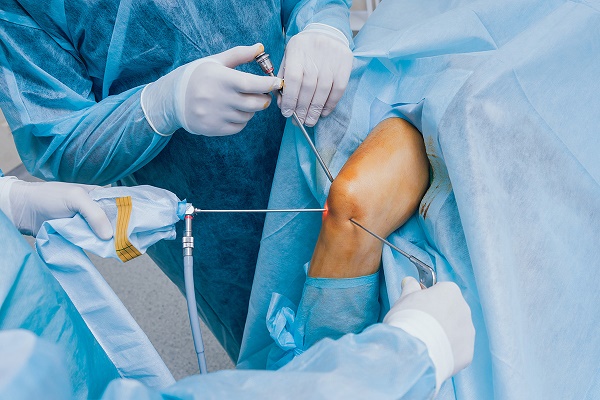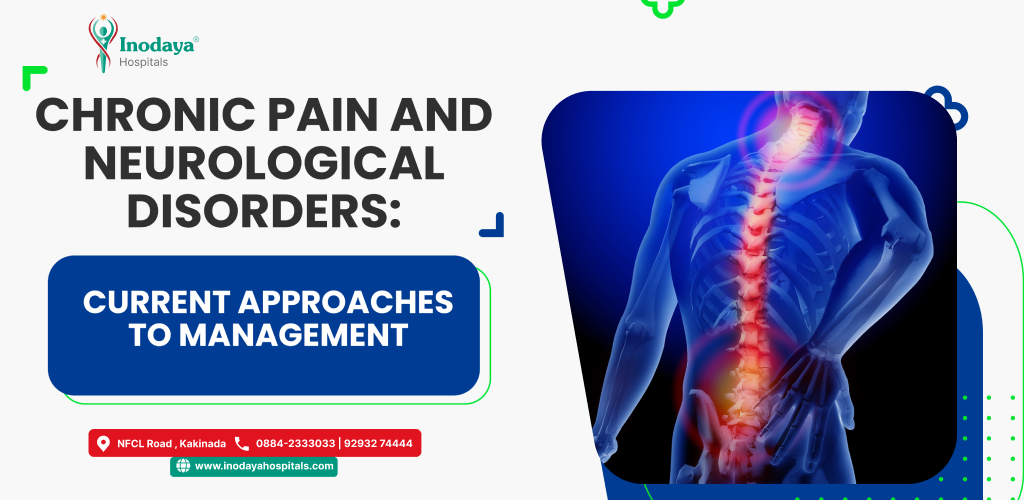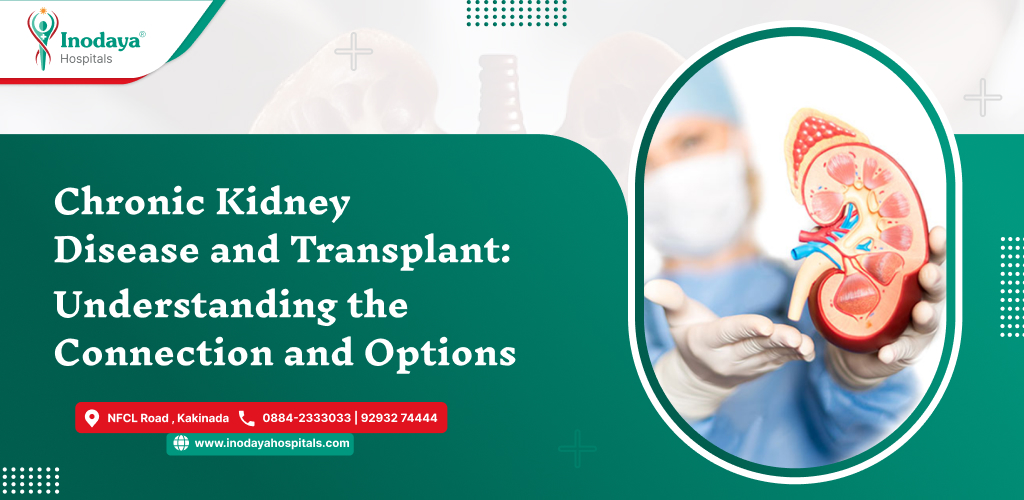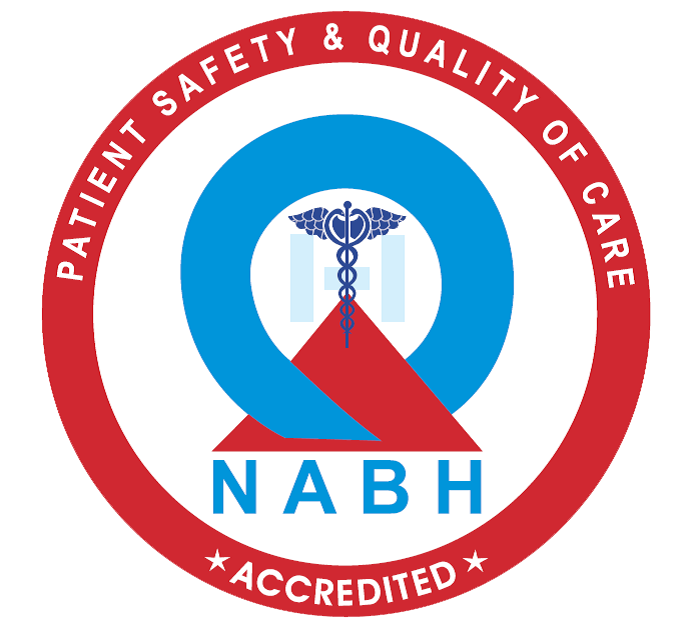Knee replacement surgery is one of the most successful procedures that help to reduce pain and restore the ability to move better. But, how to know when it’s time for surgery? No worries. The best Orthopedic surgeons at Inodaya Hospitals explain the signs of knee replacement that you should not ignore.
Knee replacement or total knee replacement is a surgical treatment to resurface a knee damaged by arthritic conditions. Metal and plastic pieces are used to cap the ends of the bones that form the knee joint, along with the kneecap.
How common are knee replacements?
Knee replacement is a common surgery performed by over 600,000 people worldwide every year. More than 90% of those who undergo total knee replacement experience a significant improvement in their knee pain and its functioning.
How do I get a diagnosis?
An orthopedic surgeon will perform a physical examination of your knee and analyze your X-ray reports to diagnose your condition. You should explain the pain, whether it is joint pain or past injuries that may have affected your current knee problems.
Your knee joints will be tested for strength and movement through activities, such as bending and walking. X-rays will indicate any changes in size or shape or any unusual knee conditions.
What are the symptoms of knee replacement surgery?
Knee osteoarthritis develops over time and can creep up on you. When you start experiencing symptoms, much of the damage may already be done. As explained by the experts of knee replacement surgery, here are some signs you shouldn’t ignore.
1. You have had bad arthritis
Most people who are recommended for knee replacement surgery have either osteoarthritis, the wear-and-tear type of arthritis; rheumatoid arthritis, a condition that causes joint pain and damage; or post-injury arthritis. All these affect the knee through different mechanisms that result in loss of cartilage, causing pain and loss of motion.
2. Nonsurgical treatments are no longer effective
You might start with conservative treatments such as medications and physical therapy to alleviate your symptoms if you have knee arthritis. However, these are temporary measures that don’t reverse the underlying cause of pain and tend to progress in severity where surgery is an option.
3. Severe pain that prevents you from doing normal activities
If you can’t get relief from your knee pain, it may start interfering with your daily activities. In fact, the timing of a total knee replacement is determined by how the knee impacts the quality of life. So, if conservative treatments are not working and you have significant pain while walking or bending, you are the right candidate for surgery.
4. Pain even when resting and that disturbs sleep at night
According to knee replacement specialists, knee pain while at rest that is not responding to other treatments is the right time for the replacement surgery. Also, many activities during the day contribute to the pain you feel in your knees at night which can be quite debilitating and needs immediate attention.
5. Knee getting swollen
Swelling is another symptom your knee is not responding to other treatments. A knee that is constantly swollen despite the use of anti-inflammatory medications, physical therapy, and steroids suggests degeneration of the cartilage which can be confirmed with an X-ray. This can make you the right candidate for a total knee replacement.
6. Knee has deformed
If your arthritis is advanced, it affects the way you walk. If this type of deformity develops, a knee replacement may be indicated. And, people with arthritis may lose the ability to straighten their knees, which requires an evaluation with an orthopedic surgeon, as this loss of motion may be permanent, even after the knee replacement.
Do you think you need knee replacement surgery? Our expert orthopedic surgeons in Kakinada can help. Schedule an appointment right away.





















































